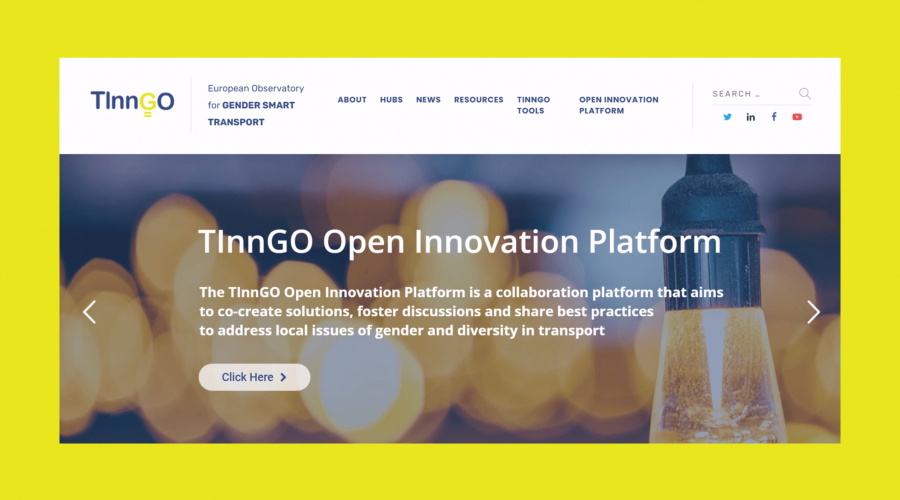TInnGO Italian Hub is presenting a poster at the “MobiTAS: 2nd International Conference On HCI In Mobility, Transport And Automotive Systems” that cannot take place physically in Copenhagen, but is held virtually due to the COVID-19 emergency. According to the online format of the conference, the poster presentations are available to all registered conference participants for the entire six-day period of the conference, from Sunday July 19th until Friday July 24th.
The analysis of the presented work represents the starting point for the activities of the Italian hub. A dataset consisting of 2934 completed questionnaires representative of the Italian population was investigated. The main focus was on current members, past members and non-users of car sharing services available in 17 Italian cities. Women and men are seen as different samples to understand the possible motivations behind the gender gap in the adoption of car sharing.
A hierarchical co-clustering technique is applied to the dataset. It is created through a selection of questions, mainly focusing on socioeconomic features, travel patterns, and individual habits. The algorithm identifies eight clusters in the male dataset and nine clusters in the female one; a selection of these groups of respondents is analyzed in more detail according to their percentage of car sharing members, also comparing the results among male and female datasets.
It is interesting to notice that common attributes are found in clusters irrespective of gender, showing how the interest, and lack thereof, toward this service affects women and men similarly. For example, car sharing users are commonly young, live in couple or single households without children, are highly educated, and have a multimodal attitude. These features are found in both male and female samples, analysed independently.
More information about the methodology and results can be found looking at the whole paper, that is available at this link.





